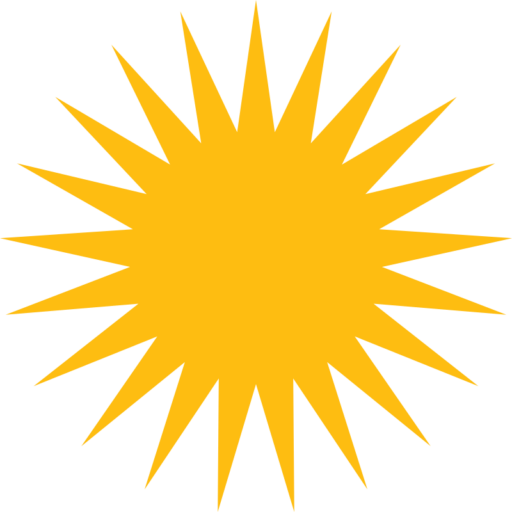Avestan [Av.]
Definition of Avestan [Av.]
The Avestan language relating to the ancient Aryen (later on Iranian) language in which it is written, closely related to Vedic Sanskrit. Ancient Iranian language that survived in sacred texts centuries after it went extinct, from Avesta “sacred books of the Zoroastrians (Zarahustra)” earlier Avistak, literally “books”.
Etymology
In the western world, Iran was known as “”Persia” and western scholars applied the name of Persian or Persia to all Iranian people and their empires. It wasn’t until 1935 when Reza Shah Pahlavi asked that Persia be called by its endonym, Iran, in all official foreign correspondence. Change of state name was aiming to gain political support from Iranian speaking people.
“Persian” relates to ethnicity while “Iran” encompasses a nationality in modern day Iran today, and this should not make you think that all Iranians are Persian or are the only people live in modern day Iran. Aryan (Airyanam) as mentioned in Avestan the sacred book of Zoroastrianism or as Sasanians called themselves (Aryan) are indeed Iranian (Aryan) speaking people living in much bigger area than of modern day Iran, such as; Kurds, Tajiks, Dari speaking people, Balochis, Azeris, Tats, Talysh, Mazandarani, Gilaki etc. are also part of Aryan (Iranian) family. Majority western scholars failed to use correct names for Aryen people but often used "Persian" and "Iran" (Aryan) interchangeably.
Iran is a relatively modern contraction of the name Airyana Vaeja (the ancient homeland of the Airya or Aryans).
Over time, Airyana Vaeja became Airan-Vej, then Eran-Vej or Airan-Vej (the Parthians and Sassanians had a slightly different pronunciation), then Eran or Airan, and finally Iran.
Persia or Parsa was only one kingdom of Iranian people. Many other major and dominant Indo Aryen kingdoms were; Balkh (Bactria), Mada (Media), Parsa (Persia), Parthava (Parthia). The king of the dominant kingdom was called king-of-kings (shah-an-shah) - the king of kings or simply an emperor.
According to Kârnâmak-i Ardeshir-i Pâpakân / Kârnâmag-î Ardashîr-î Babagân, Book of the Deeds of Ardashir son of Babak / Babag, the Book of Deeds, "there were in the territory of Iran two hundred and forty princes" at the beginning of Parthian rule of Iran/Airan.
Greek historian and geographer Strabo called Aryana/Ariana (Avestan Airyana). Strabo describes the different kingdoms/nations that constituted Aryana describing its borders as stretching from the Indus to Persia.
Aryana (Greater Aryen/Iran) extended from modrn day Central Turkey (Kurdish inhabited regions) in the west to the Taklamakan Desert in the east, from the mid-Caspian region in the north (the northern borders of the various countries with names ending in -stan) to the Persian Gulf and the western Indus delta in the south (K. E. Eduljee, Zoroastrian Heritage).
